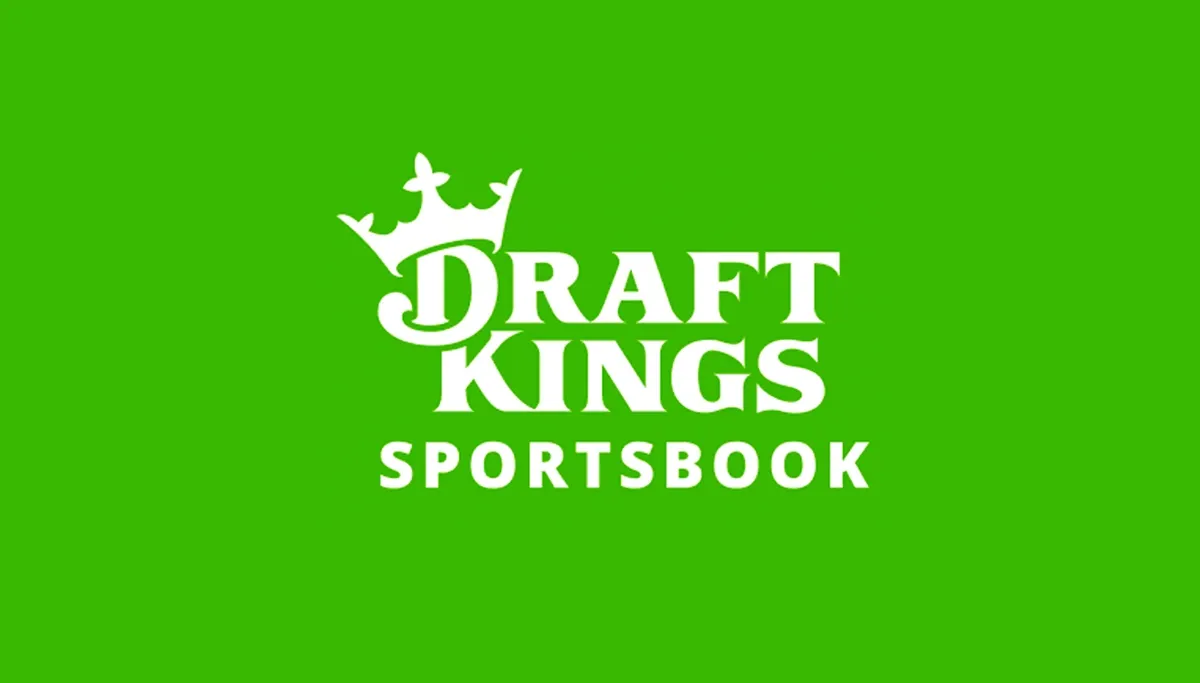The NBA has become the second major American sports league to formally tell the Commodity Futures Trading Commission (CFTC) about the rise of sports prediction markets. The league’s letter was posted on the CFTC’s website Thursday, following a similar submission by Major League Baseball on March 7. In her statement, NBA Vice President Alexandra Roth told the CFTC that these markets pose significant integrity threats. Platforms like Kalshi, Robinhood and Crypto.com – which are legal at the federal level – allow users to buy and sell futures contracts on sports outcomes. Critics say these platforms are exploiting loopholes to get around state-level gambling laws, though several court decisions have not supported that so far.
Last fall, Kalshi beat back federal legal challenges from the CFTC and got approval to offer election contracts. Since then, Kalshi and other similar platforms have moved into sports and have received cease-and-desist orders from various state regulators, including Nevada, New Jersey and Maryland. Kalshi has responded by filing lawsuits in each of those states and has won preliminary injunctions in Nevada and New Jersey. In response to the growing controversy, the CFTC was planning to hold a roundtable on April 30 to discuss the issue. But it was never formally announced and was cancelled at the end of April with no new date. Despite the cancelled forum, comments are still pouring in. Submissions have come from all over the map, tribal entities, industry associations, state regulators, gambling addiction groups and now, major sports leagues.
NBA’s Sports Betting Ties Resurface as Prediction Market Concerns Arise
Few U.S. sports organizations are more tied to the evolution of sports betting than the National Basketball Association (NBA) and Commissioner Adam Silver has been at the forefront of that for years. His 2014 op-ed in The New York Times, a call for federal legalization of sports gambling predated the Supreme Court’s 2018 PASPA decision by four years. The NFL and MLB had not yet gone public with the betting industry at that time. In his editorial, Silver said the lack of regulated betting markets was driving illegal gambling and putting consumers and the integrity of sports at risk. This was especially relevant given the league’s past issues, most notably the Tim Donaghy case. Donaghy, a former NBA referee, was caught betting on games he worked. He admitted to two federal charges in 2007 but denied influencing game outcomes.
Now that sports betting is mainstream and backed by the major leagues, the NBA is raising concerns again, this time about sports prediction markets. “Our top priority remains the integrity of NBA basketball and public trust in our league and the sport overall,” wrote Alexandra Roth, NBA Vice President, in a letter to the Commodity Futures Trading Commission (CFTC). “That’s how we’ve approached the expansion of legal sports betting in the U.S. and it’s how we’re evaluating the sports betting-style products in prediction markets.”
Prediction Markets Move Fast, Bypassing Traditional Oversight
The rapid growth of sports prediction markets over the past few months has the industry scratching its head. First, platforms like Kalshi introduced simple offerings season long bets on who would win a championship. But that didn’t last long. Now they have single game contracts and they are the most traded products on these platforms. A chart from Dustin Gouker of The Closing Line shows this trend: between April 26-27, NBA and MLB game contracts far outpaced non-sports contracts in trading volume. This is largely due to the unique regulatory model of commodities exchanges. Unlike state regulated sportsbooks that must get approval from the state gaming authority before they can offer a new bet, federally regulated exchanges like Kalshi can self-certify new contracts—meaning they can list and trade them immediately. The CFTC can intervene afterwards but unless they do the contracts stay live.
This is the crux of the argument. Critics say it allows exchanges to offer unvetted products with no oversight. Kalshi says they have been in communication with the CFTC throughout the process. “The difference in how markets come online is striking,” wrote NBA Vice President Alexandra Roth in her letter to the CFTC. “These exchanges are allowed to launch increasingly complex sports prediction contracts through self-certification, shifting the responsibility to the CFTC to intervene after the fact. Meanwhile, legal sportsbooks must first get explicit approval from each state regulator before they can offer a new type of bet.” Roth also warned that if this pace of growth continues we will soon see even more granular markets—bets on individual player stats in a single game, referee decisions, rule interpretations or even injuries become widely available.
NBA on High Alert for Prop Bets after Scandals
Player props, or prop bets, have become a major area of concern for the NBA as these types of wagers are gaining traction on new prediction platforms. The league is sensitive to these markets because of recent scandals, including the big one involving former Toronto Raptors forward Jontay Porter. In April 2024, the NBA banned Porter for life after discovering he had intentionally left multiple games early to cash in on “under” bets on his individual performance. Investigators found Porter was trying to pay off gambling debts and he pleaded guilty to conspiracy to commit wire fraud in July. The Porter case was one of the biggest betting scandals of the year and has led to more legal fallout, including multiple indictments. Another player, veteran point guard Terry Rozier, is also under investigation for similar concerns.
Rozier’s situation goes back to March 2023 when he was with the Charlotte Hornets. Before a game against the New Orleans Pelicans, suspicious betting activity on his performance was flagged. He left the game early, citing foot soreness, and didn’t play again that season. Sources say the investigation into his case is connected to the larger Porter probe. With the growth of prediction markets and player-focused betting, the NBA is emphasizing game integrity more than ever.
Who’s Watching? NBA Flags Integrity Gaps in Prediction Markets
The suspicious betting activity in recent scandals involving NBA players Jontay Porter and Terry Rozier wasn’t caught by the league itself but by third-party betting integrity firms. These companies track irregular wagering patterns and alert sports leagues and regulatory bodies when they find anomalies. Since PASPA was repealed, they’ve been behind nearly every major betting controversy in professional sports. This reliance on outside monitors highlights a big problem raised by the NBA in its recent letter to the Commodity Futures Trading Commission (CFTC). The league didn’t mention Porter’s case, but NBA Vice President Alexandra Roth pointed out a big blind spot: prediction exchanges aren’t held to the same transparency and cooperation standards as traditional sportsbooks.
“At present, we are not aware of any obligation for exchanges or brokers to report suspicious trades or trading behaviors to the leagues impacted or to assist with internal investigations initiated by those leagues,” Roth wrote. “There is also no established system for regular data sharing between prediction market operators and affected sports organizations.” Roth said without access to betting data or real-time alerts, leagues are flying blind. “As long as this lack of visibility continues, the threats to game integrity will only grow,” she said. Before Porter’s lifetime ban, NBA Commissioner Adam Silver had already called such actions the “cardinal sin” of violating the league’s integrity rules. To prevent such incidents, the NBA works with Sportradar, a global data and analytics company that can detect unusual betting activity across regulated markets in near real-time.
Las Vegas-based IC360 has been a leader in the integrity monitoring space and has helped uncover numerous collegiate and professional betting scandals. But the company made headlines in the industry with its March 24 announcement of a new partnership with Kalshi a federally regulated prediction exchange. That raised eyebrows, especially since it coincided with the quiet exit of IC360 founder Matt Holt, a big figure in sports integrity circles. Despite the timing, IC360 is confident in the partnership. “We believe protecting sports integrity requires smart, tech-driven solutions and strong collaboration among all stakeholders,” said co-CEO Scott Sadin in a statement. “Our partnership with Kalshi is exactly that.”

 Companies
Companies 





